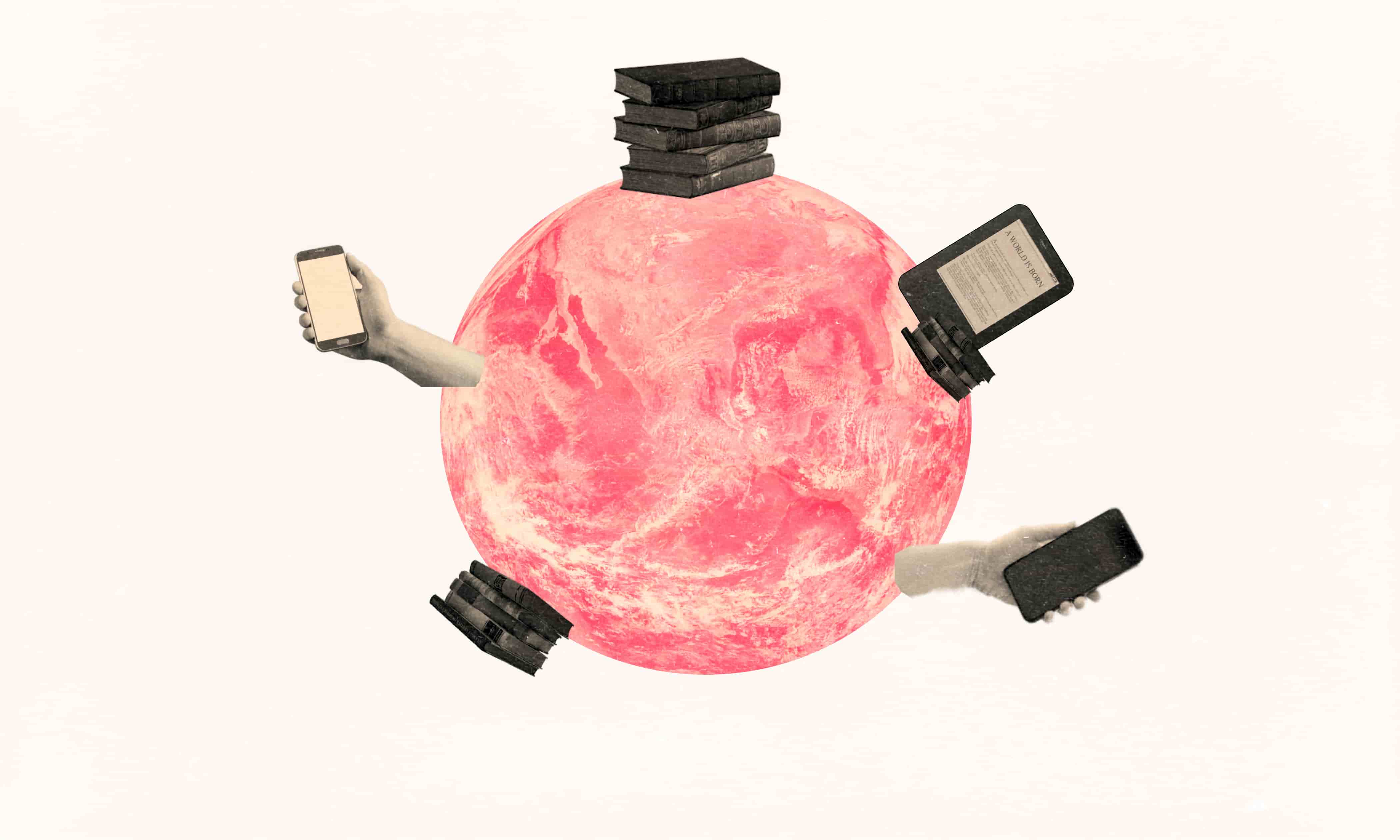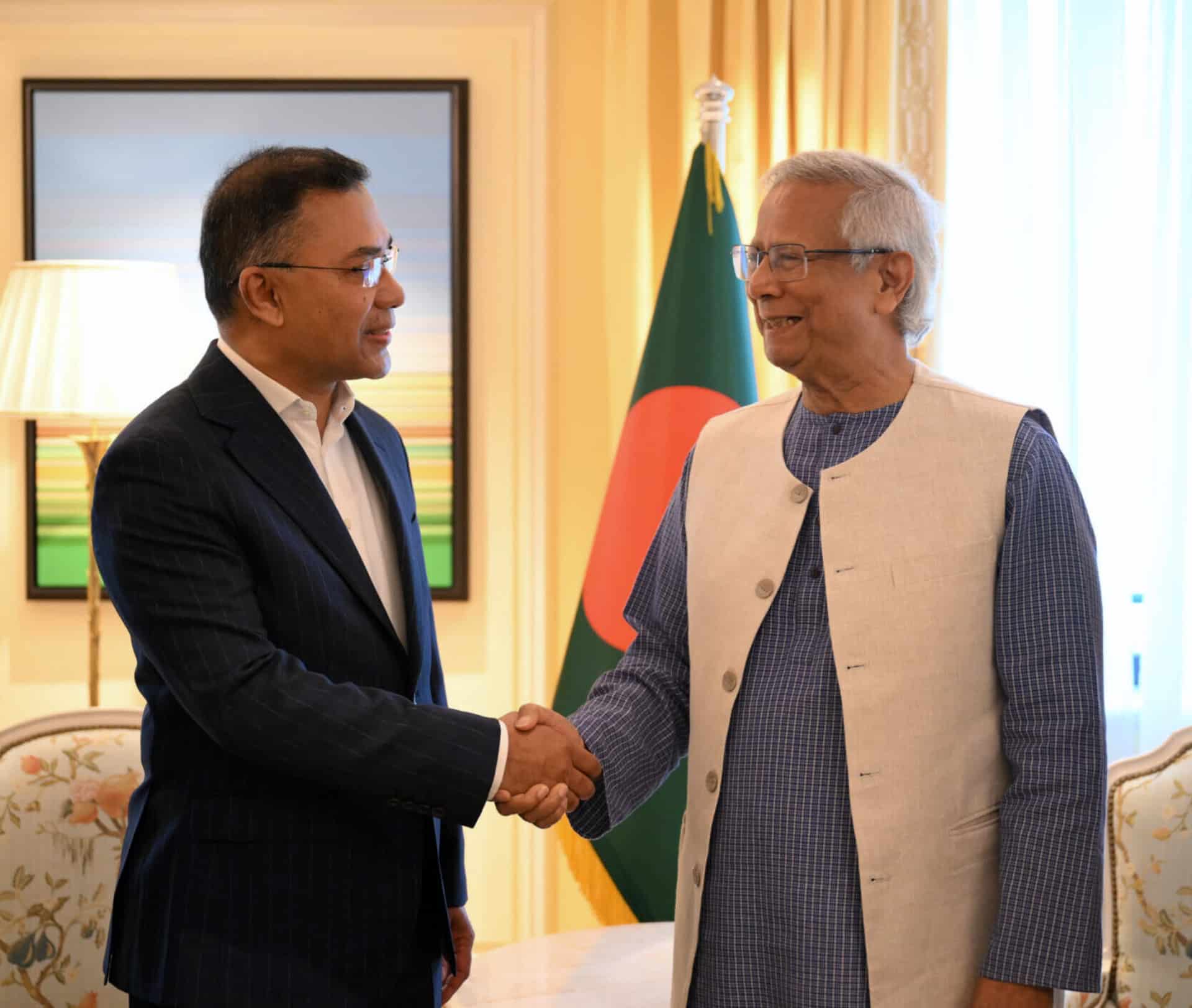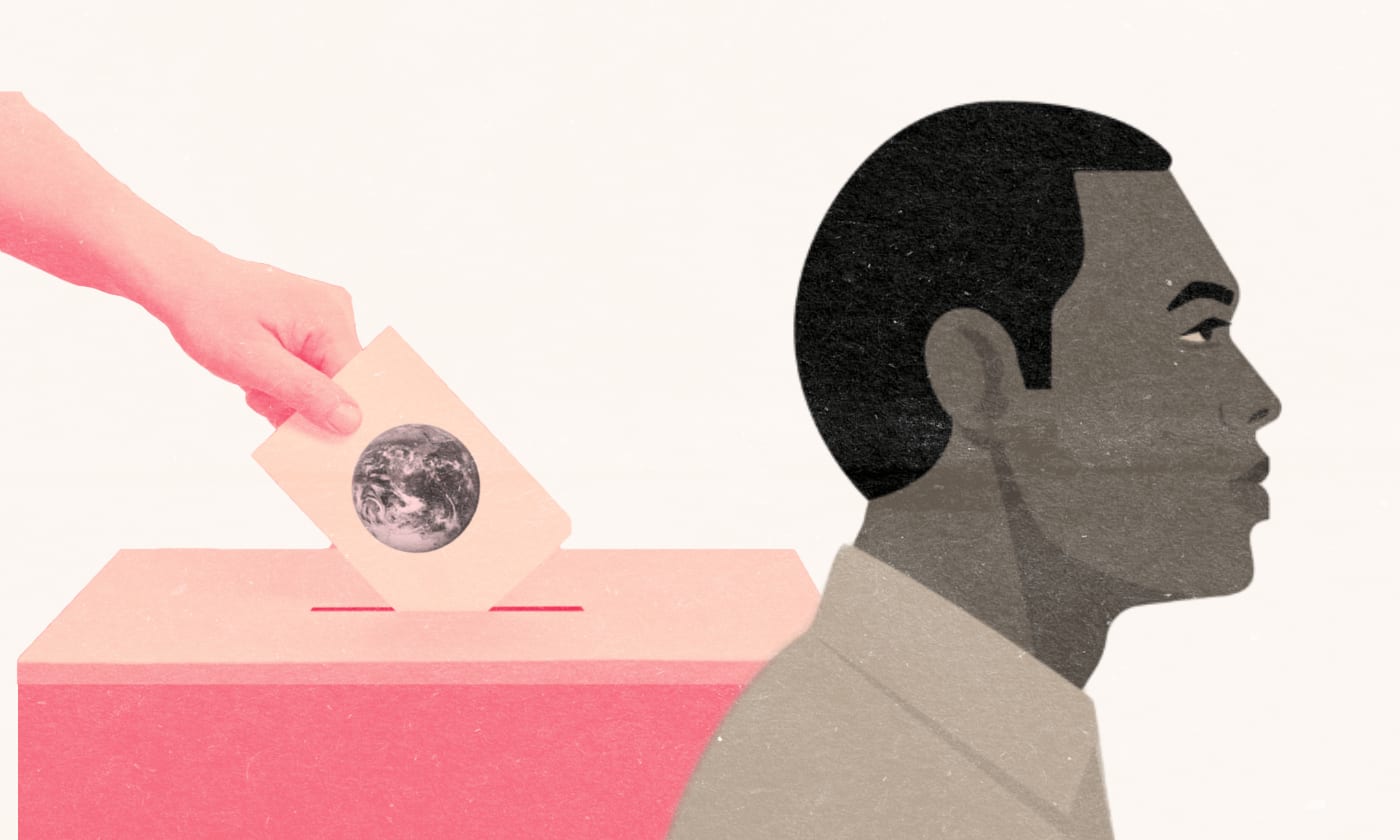World federalism is the key to ending functional illiteracy and reviving civilisation
In an age of abundant technology yet persistent functional illiteracy, world federalism asks what it truly means to be civilized and how global literacy can enable a continuous human renaissance.

The best engagement with the idea of world federalism is made maximally accessible by raising a simple question: what does it mean to be civilized?
A world federation exists as a commonwealth of ideas centered on the spirit of a renaissance that is both continuous and universal. In a world increasingly steeped in multipolarity where Joe Biden, as the departing leader of the free world, warned against the unwarranted power of mega oligarchies without acknowledging the plutocracy that is the United States, the necessity of raising such a question with some regularity should be made abundantly obvious to every world federalist.
Somewhere between realpolitik and neo-Machiavellianism, there exists a historical metaphor equating the value of civilization to wealth, power and control.
This begs two logical, albeit rhetorical, questions: Is the combination of all three the most ethical means available to ascertain if society has truly achieved civilizational richness? Do mighty empires eventually forge righteous civilizations by means of practical necessity?
As advocates of world federation, we struggle communicating the compelling prose of world federalism to the average person. Is there an average universal everyman where traditional considerations like culture and language are minimized absolutely?
Every society has a “common tribal denominator” turning groups of people into statistical demographics that offset each other — a metaphor that captures something essential about the human condition.
In the Information Age, people are increasingly tribalizing themselves into groups based on their fears, prejudices and affinities in ways that transcend more traditional understandings of tribalism.
The tribalism of the 21st century is far greater than mere isolated clan loyalty.
The tribal denominators of our “Modern Western World” are phenomena of niche group divisions cocooned into self-imposed isolation where continuous states of intellectual blindness and resulting functional illiteracy thrive.
It is here where primeval superstitions find renewal as highbrowed super philosophies espousing meta narratives on the human condition. They are forged from some of the most destructive examples of First World privilege.
The byproducts of such privilege acquire critical exasperation via social media, where citizen journalism becomes little more than a boredom killing device for purposes of achieving maximum virality.
It is therefore no stretch of the imagination to suggest the tribalism of our 21st century reality is much greater than an isolated void of clan centered loyalism. Rather, it is much closer to home and is characteristic of First World Privilege, the basis of which is premised on where we choose to make our homes, how we form our social relationships and how we match words to actions.
That realization gives us the gravitas of a weighty question. Has the Information Age increased our functional illiteracy via First World Privilege?
At the beginning of a new year with the arrival of 2025, Unesco reported that out of 8.045 billion people on the planet, 13.7% of the world population is functionally illiterate. The approximated figure for that percentage is 1.103 billion people. That is 30.84% greater than the total population of the United States, ranked as the 3rd most populous nation.
In the United States alone, the National Center for Education Statistics estimates 21% of the adult population is functionally illiterate. That is 43 million adults, greater than the total population of America’s top 10 largest cities combined.
Yet ironically, according to Pew Research, 95% of American adults use the internet, 90% own smartphones, & 80% of American households have home internet.
The statistical calculus derived from these figures insists more technology is no indication or endorsement of functional literacy.
Futurists like Edward Bellmay were hopeful optimists for the distant future. In his science fiction novel, Looking Backward, published in the late-19th century, he wrote of a forward-thinking socialist utopia where illiteracy, cultural superstitions and poverty were all but eliminated.
The average everyman on the street saw information as an encyclopedic gateway to knowledge where average people used technology to advance themselves. In the novel, knowledge was seen as the highest currency of personal advancement.
It can be argued Bellmay envisioned a hopeful future of our present, a world liberated from mundane drudgery allowing every man, woman and child to be a renaissance unto themselves. This describes a reality where perpetual renaissance is safeguarded as a universal human right.
Since the earliest conception of world federalism, the reality of world federation is often dismissed and overlooked as inherently utopian in nature by critics and detractors alike. Why?
The narrowing of that question will prove instrumental in rectifying a practical solution. That conversation can begin by addressing functional illiteracy worldwide. How can advanced artificial intelligence aid with the elimination of functional adult illiteracy without compromising the sovereignty of individual personhood and agency?
What initiatives can world federalists pioneer to overcome the scourge of functional adult illiteracy to make global renaissance possible? Partnerships with United Nations specialized agencies like the United Nations Educational, Scientific, and Cultural Organization can be proposed with a subagency dedicated to addressing and reversing adult functional illiteracy beginning in first world countries like the United States while raising advocacy for world federalist activism.
Functional adult illiteracy has a history of lopsided relegation to the Global South.
As a leading civil society organization pushing for total reform of the United Nations, UN-Aligned, among other organizations, can reverse this prejudicial bias in a concerted effort to practice what is preached in the name of equity in world literacy.
In so doing, to transform First World Privilege into a reality of literate richness where modern tribalism is negotiated with the power of ideas and the potential for continuous renaissance.










